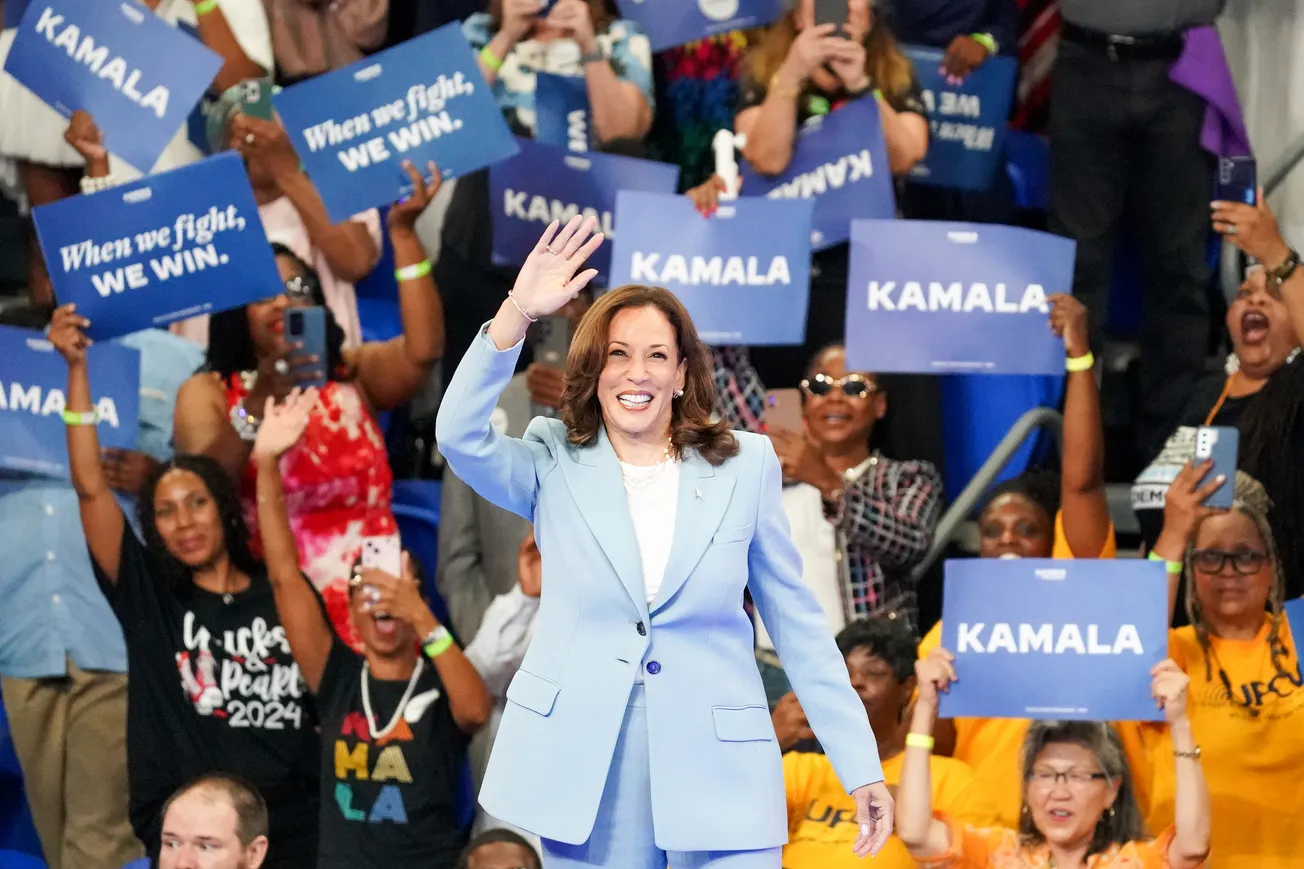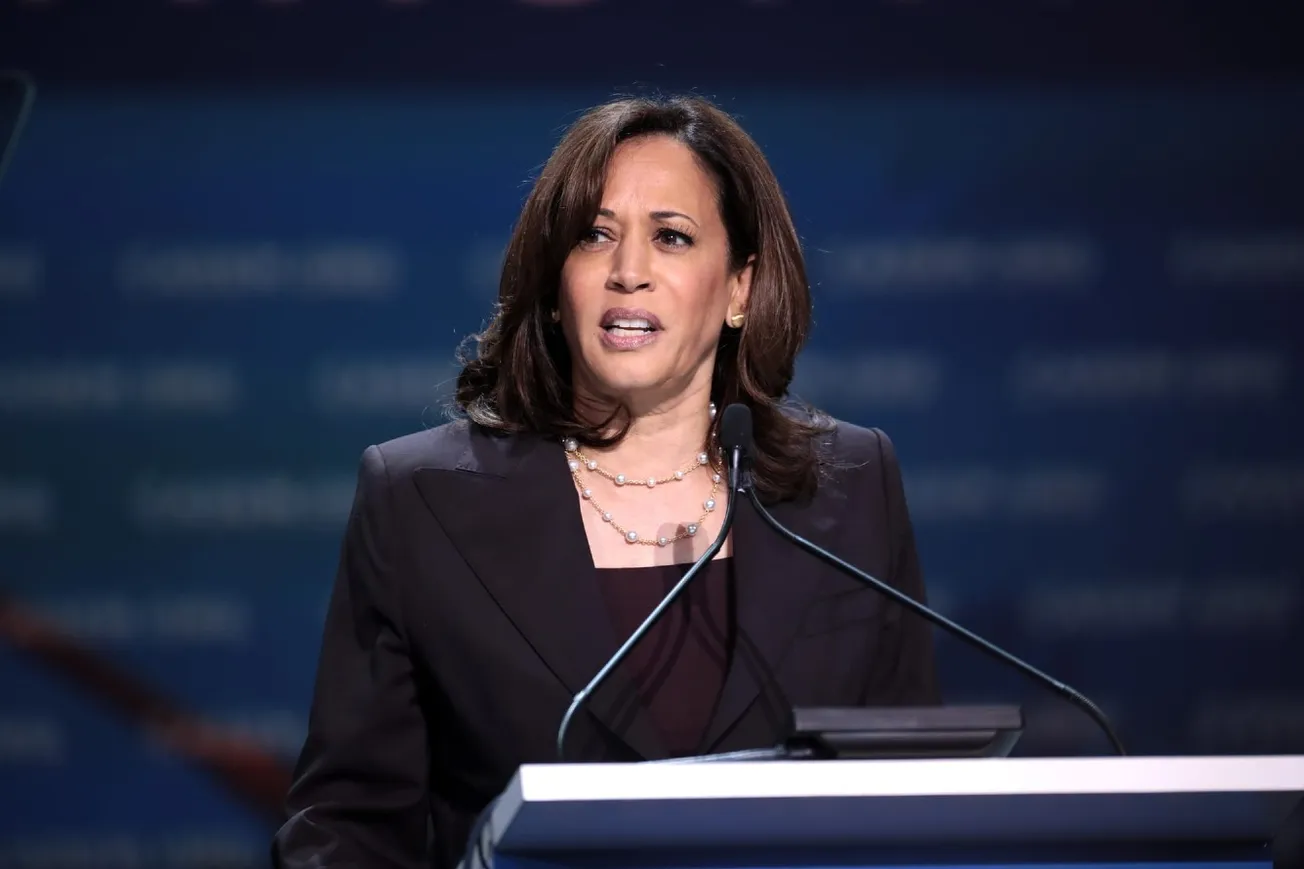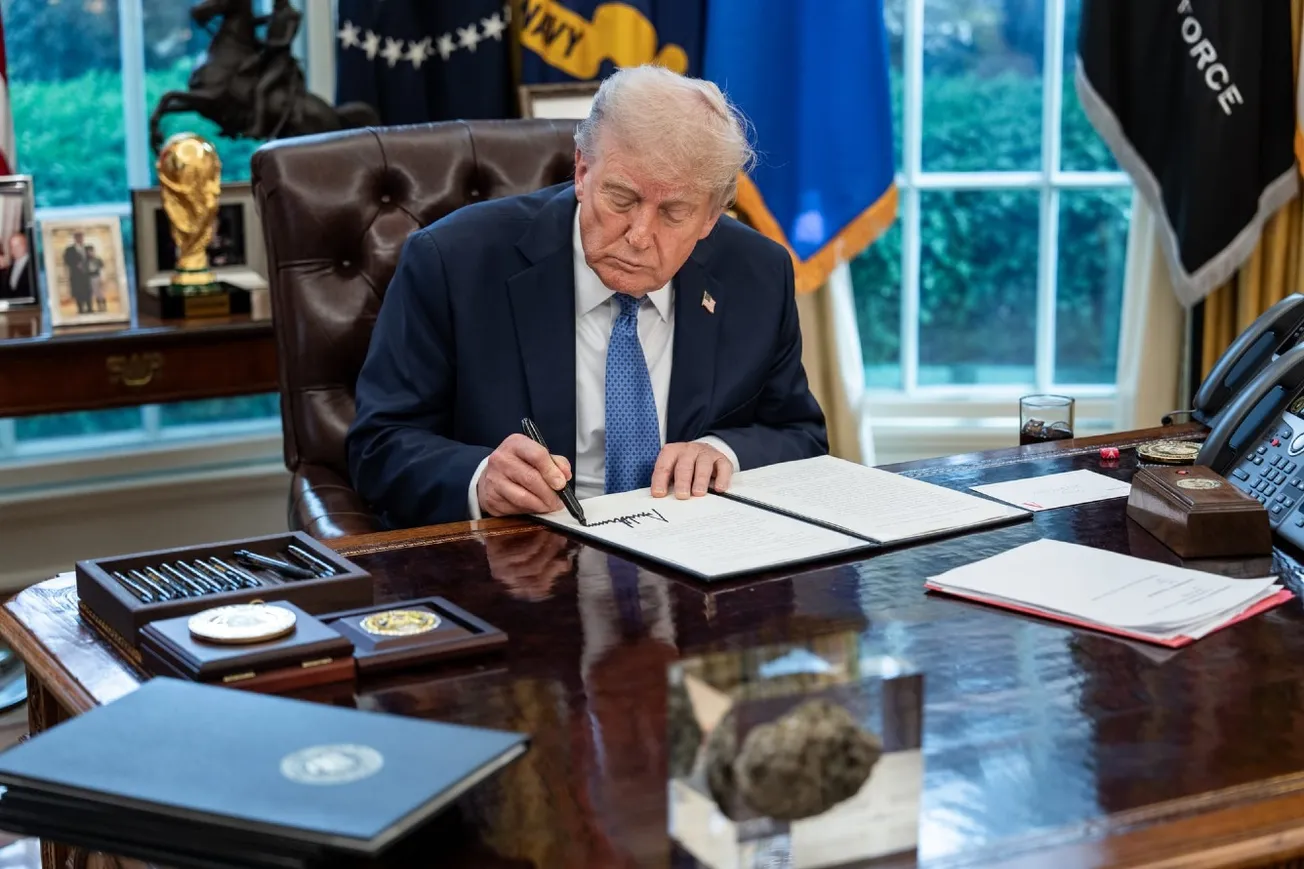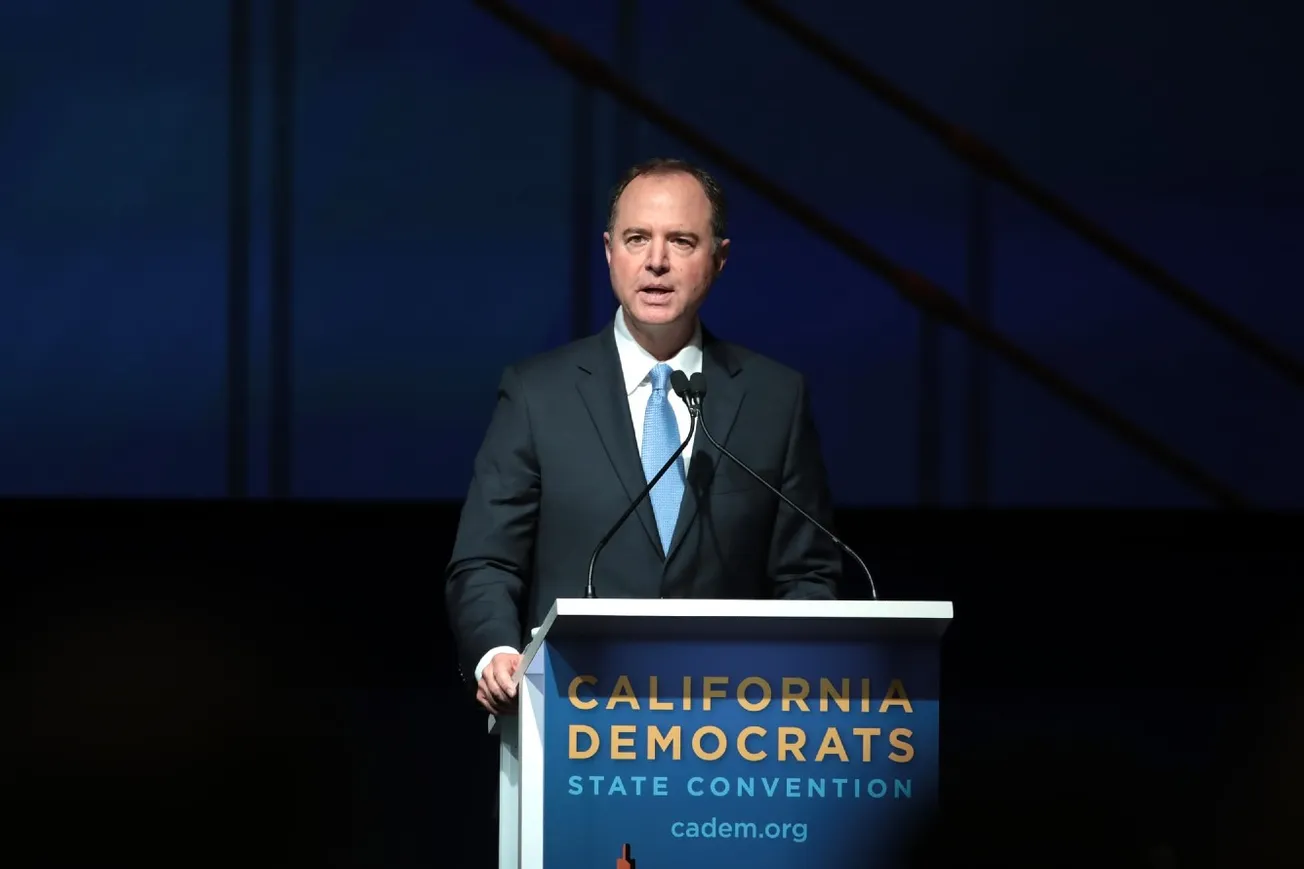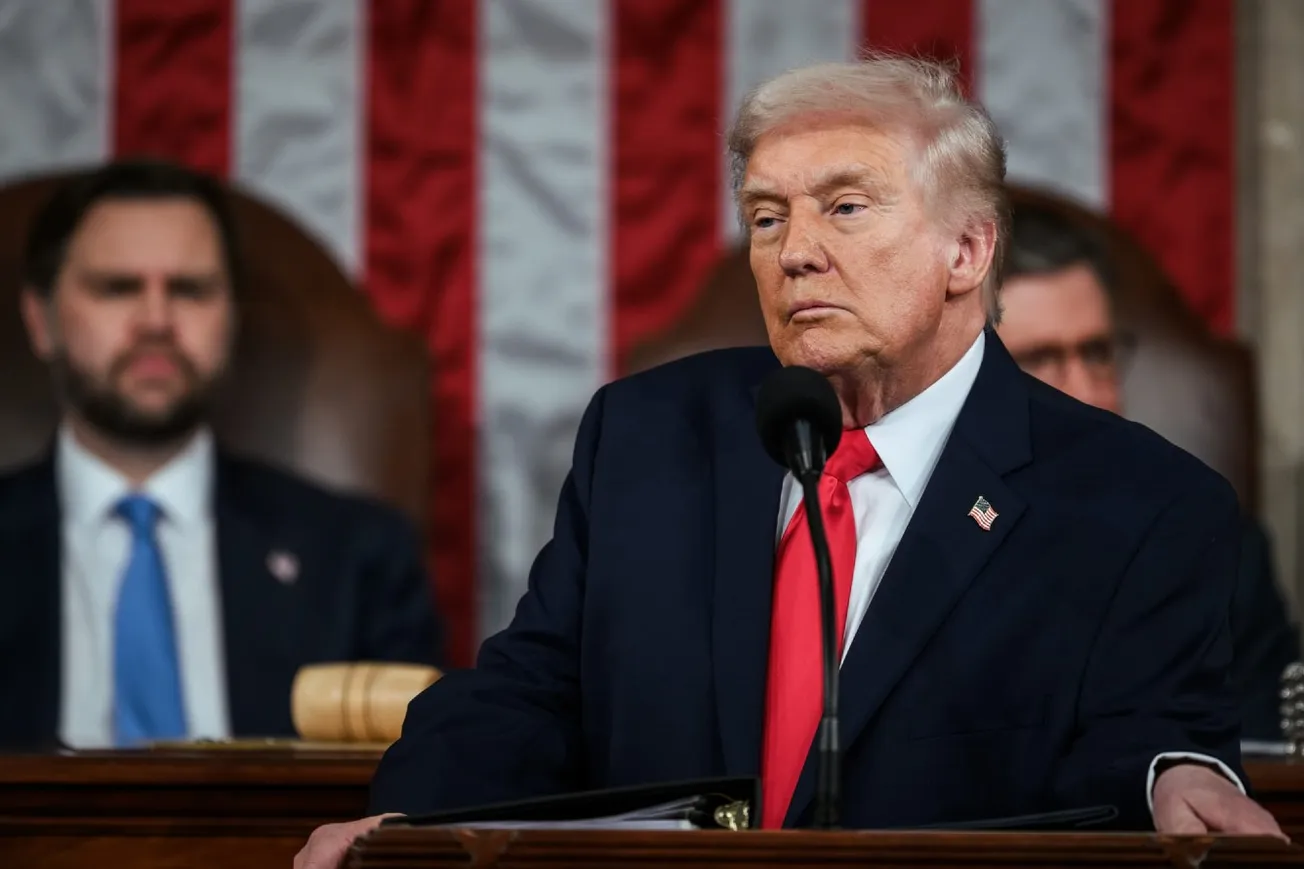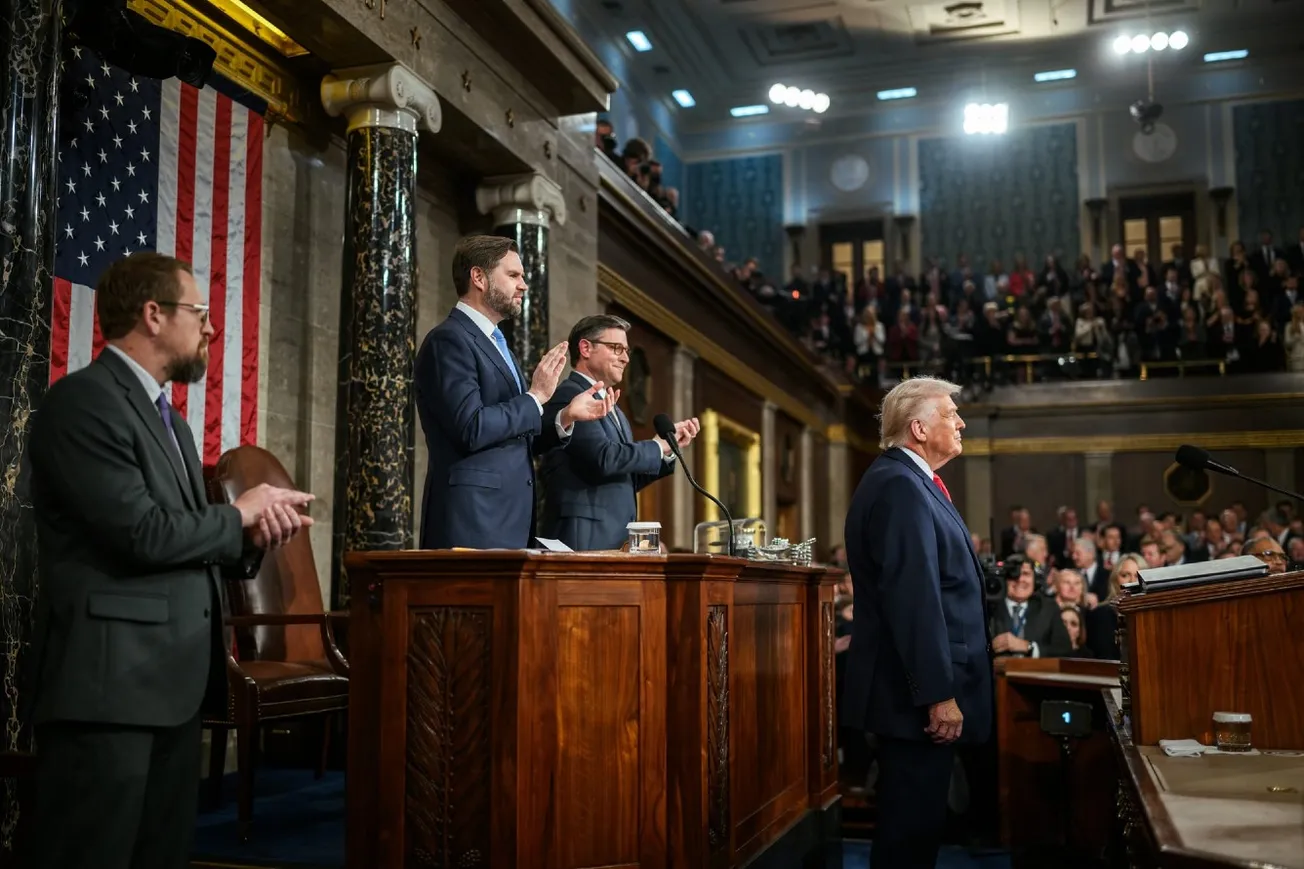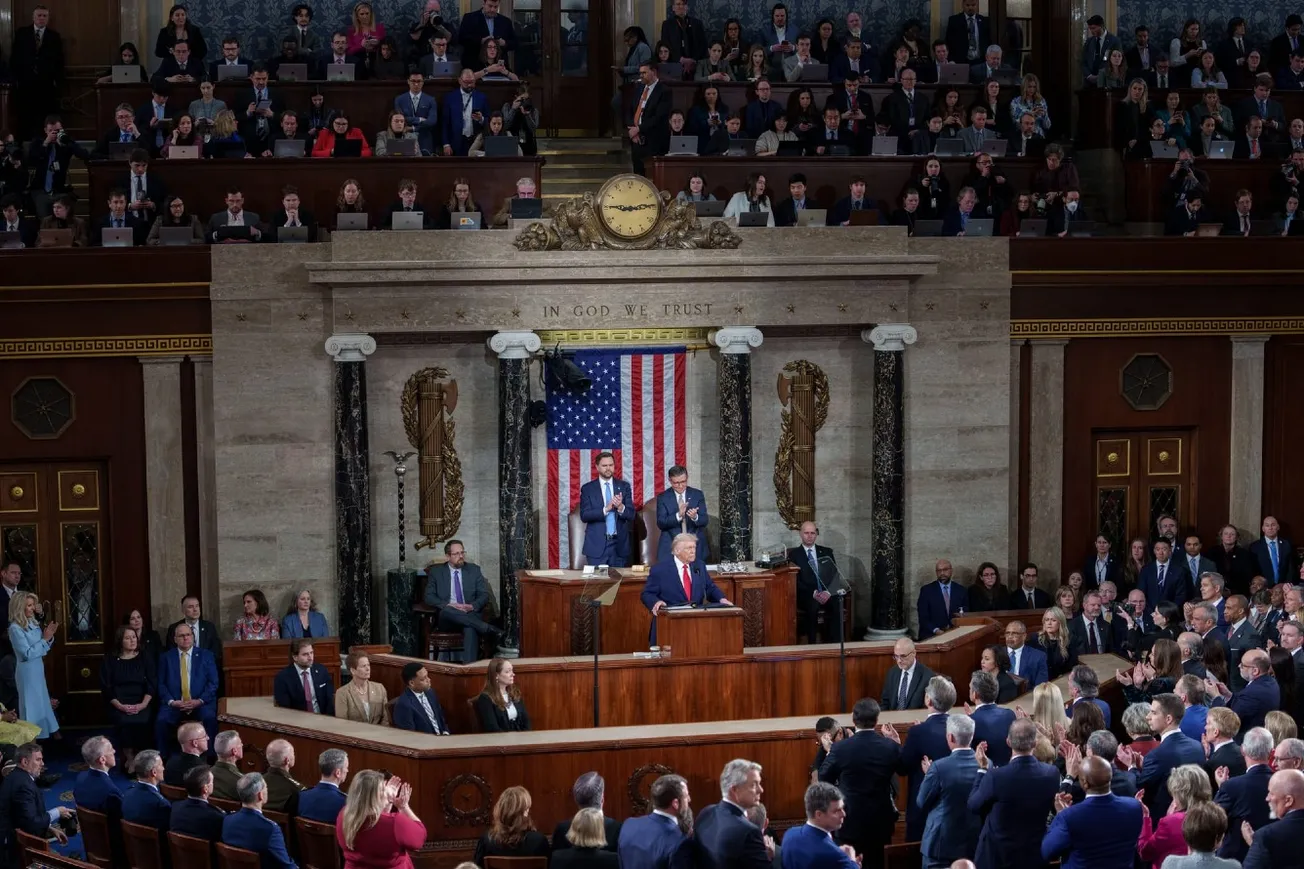More than any other country, America has had a complicated relationship with race. After the Civil Rights Act of 1964, race became codified and embedded in everything that we do as a nation.
Not only race but identity became an enshrined legal doctrine, with vast protections provided to the abused. Government agencies were empowered to protect those under attack because the goal was to achieve equality and civil rights for all Americans. Large-scale government policies were decided mainly based on identity. Affirmative Action policies (which the Supreme Court outlawed last year regarding college admissions), voting rights, hate crime prevention, and minority business development all have one common thread: a person's race, color, religion, sex, national origin, and sexual orientation.
With Kamala Harris being handed the Democratic Party ticket through a highly unusual and undemocratic bait-and-switch process, her race has become a topic of great interest. The Liberal media hates the discussion because it wants the coronation to continue without any hiccups: Harris, having attended Howard University, went to a Historically Black College and University (HBCU), so we know she is Black; so why bring her race up?
Last Sunday, ABC News anchor George Stephanopoulos, who is white, repeatedly questioned Florida Congressman Byron Donalds, who is Black, about Harris's race. Stephanopoulos, a longtime Democrat, displayed a demeanor that painted a poor picture of ABC News. It was reminiscent of his colleague Rachel Scott's disrespectful attack on Trump at the Black Journalists Conference:
Stephanopoulos: Why do you all keep questioning her identity? She has always identified herself as a Black woman. She is biracial. She has a Jamaican father and an Indian mother. She has always identified herself as both. Why are you questioning that?
When Donalds responded to the question and tried to pivot to Harris's policies, the anchor wouldn't let him:
Stephanopoulos: "I don't understand why you keep on repeating it. Why the president keeps repeating it."
Donalds: "George, actually, I'm not the one who keeps repeating it... you're the one that's bringing it up."
Stephanopoulos: "You've done it THREE times... now let me finish."
Donalds: "George, you've asked me the question three times!"
A recent TIPP Poll, completed in early August, sheds light on public perceptions regarding media bias and discussions surrounding Kamala Harris's identity. Most Americans (57%) disagree with the notion that criticizing Kamala Harris's record is racist, while 31% agree. Two-thirds (65%) believe that the media is rooting for Harris, while only 19% disagree. Additionally, over half (53%) agree that the media aims to create an alternate persona of Harris to help her win the election, compared to 33% who disagree. TIPP holds a unique place in providing unfiltered insights, offering data that other mainstream media pollsters might not highlight.
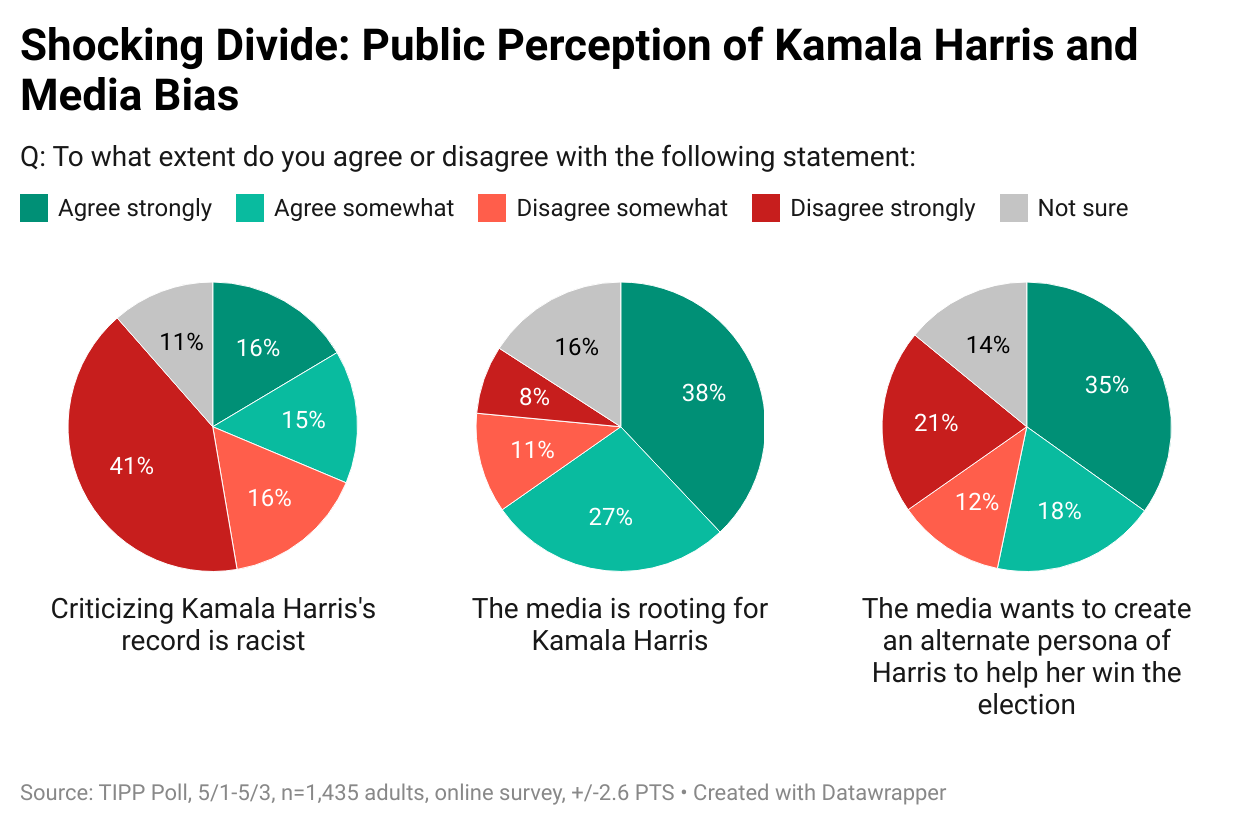
So, Mr. Stephanopoulos: Here's why America should be legitimately concerned about Harris's identity.
Coronation: Kamala Harris was not vetted by voters through a traditional primary process. Had she been so vetted—like the 2020 Democratic primaries—voters would have considered her identity and cast their ballots.
Had Harris won the Democratic Primary fair and square, her biracial past would have been irrelevant. Most on the Left would have voted for her only because of her race and the promise that a relatively young woman of color could become the world's most powerful person. Indeed, this idea is powering her candidacy today. Still, some may have voted against her solely because of her race. This is to be expected in a free country where voters can exercise their choice and in a Party where identity is paramount. Also, some on the Left may have ignored her race altogether and considered her candidacy based on her stated policies, merit, and experience.
The point is that because of Harris's unusual route to coronation, voters were not given a choice to consider her identity. This is a big deal.
Exploitation of identity: A more significant issue is the perception that she exploits her identity.
Americans understand race as an important part of their identity. Whether you are White, Hispanic, or Black, it is a fundamental aspect of who you are. What Americans don't understand is when people "self-identify" their identity and gain as a result.
There is nothing wrong with Harris being biracial. It is the way she was born. The problem is that Harris broadly identified herself as Asian American during her Senate run (2016) and as Black in 2020. To many Americans, she appears to exploit her identity for political expediency.
Ordinary Americans, especially in the heartland, think that political leaders and the elite use extraordinary means to gain and remain in power. Senator Elizabeth Warren, a leading liberal, had long identified as having Native American ancestry, which she mentioned in both personal and professional contexts. In the 2020 race, she lost significant support after a DNA test indicated that she might have a small percentage of Native American ancestry, though it was not conclusive enough to determine tribal affiliation.
The average American voter believes that civil rights laws were passed to genuinely help underprivileged Native American tribes. Was it fair that Warren, who is White, leveraged her minuscule Native American heritage to advance professionally?
Kamala Harris's tactics to take advantage of her identity are shamefully clear. As a Bay Area politician running for the Senate, she understood that raising money was a crucial challenge. California media markets are the most expensive in the country. Harris raised approximately $23.5 million, a vast treasure chest that was the key to her victory. And from whom did she raise these funds? From the approximately 400,000 Bay Area technologists and entrepreneurs, who are predominantly of Indian descent. This community is one of the largest and most influential ethnic groups in the region, contributing significantly to its cultural and economic landscape. They came together to support one of their own who is running for one of the most distinguished offices in the country. An Indian-American Senator from California would be a first.
NBC News documented the excitement that Kamala Harris elicited among Indian American voters. After her victory, CBS News said: "Harris, 52, becomes the first Indian woman elected to the Senate, and the second Black woman." The Times of India carried a story on November 16, 2016, with the headline: California's Attorney General Kamala Harris on Monday became the first-ever Indian-American Senator. The source of the Times story was "news agencies," including the AP, which reported with a nearly identical headline. The image of the AP story is here, but the AP appears to have taken down its own story, so it is not available through a Google search.
During the 2020 campaign, Harris traded her Indian-American credentials for her second identity, that of being Black, because it was politically convenient to do so. This transformation was especially Warren-like because Harris's father, who went through a messy divorce with Harris's mother, said he lost legal custody of Kamala. Harris was raised by her accomplished Indian mother, a Ph.D. from UC Berkeley and a distinguished biomedical scientist at the Lawrence Berkeley National Laboratory. When her mother accepted a job in Montreal, Kamala Harris was 12. She was further physically separated from her father for five more years, only visiting him for family vacations and holidays. Visiting a Black parent, a distinguished professor of Economics at Stanford, for short durations does not capture the full Black experience.
Harris's elite life experiences differ 180 degrees from those of a typical Black woman raised in the United States. Black women earn about 64 cents for every dollar earned by White, non-Hispanic men. They often work in jobs that are typically lower-paying and in industries that may offer fewer opportunities for advancement. They are less likely to own homes and, as a result, face a significant wealth gap. Black women are less likely to attend post-baccalaureate institutions such as law, business, or medical school.
Yet, when it was politically convenient, Kamala Harris took advantage of the Black label to advance her distinguished career - as a San Francisco District Attorney, followed by the Attorney General of California, where the AG's office is second only to the Department of Justice in size, and later, as a United States Senator.
For the record, Trump's comments about Harris's race have not been as mean as President Biden himself. In 2007, then-Senator Joe Biden, during an interview with the New York Observer, praised then-Senator Barack Obama, saying he was "articulate," "bright," and "clean." Critics argued that calling Obama "clean" could be interpreted as a stereotypical and condescending comment, implying that cleanliness was an unusual or notable trait for a Black person, which perpetuated a problematic stereotype.
Questioning Harris's self-identification of race for political gain - when many voters may consider her to be "insufficiently Black" - is entirely appropriate. Calling such questioning a racial attack is a clever way to dodge the underlying issue at hand.

